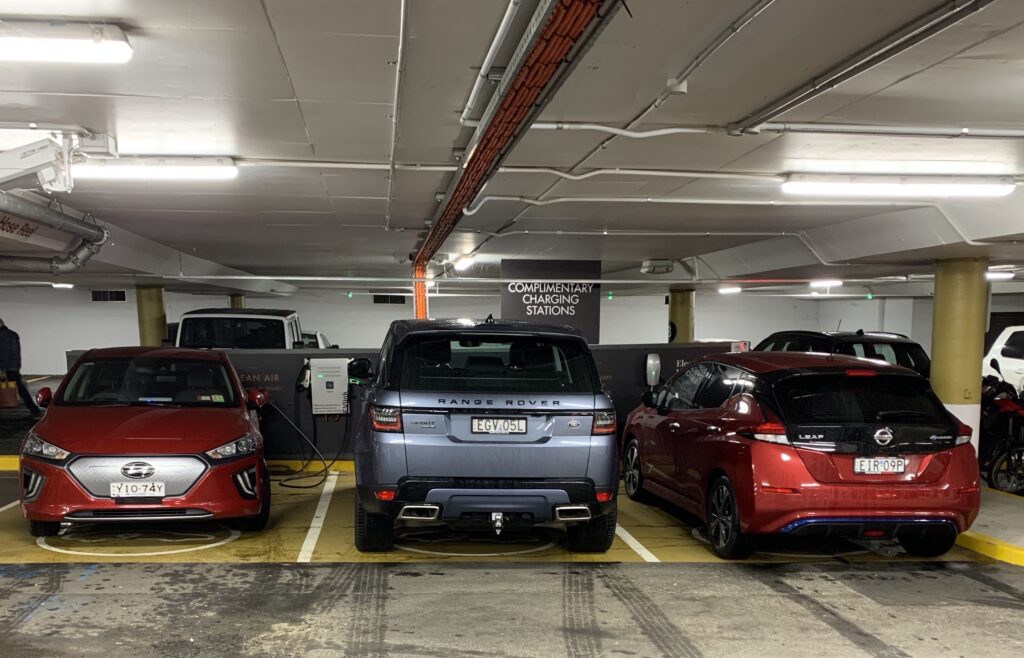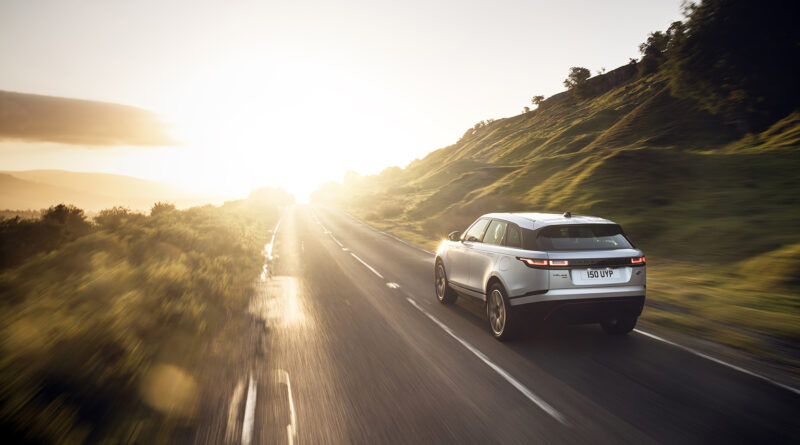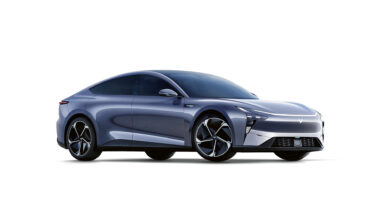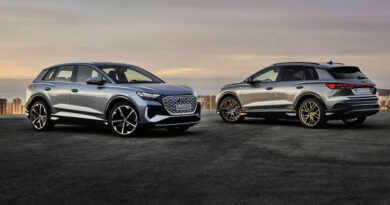UK in race to go full EV by 2030
A huge rise in EV sales in the UK last year has been hailed as “a significant achievement” by car-company executives, but concerns have been raised about the huge investment in infrastructure that’s still required to cope with exponential growth in electric vehicles.
The clock is not just ticking but booming for authorities in the UK if the country is to have any chance of hitting its stated goal of banning the sale of new internal-combustion engined cars by 2030 (some hybrids will still be allowed for sale until 2035).
From an Australian viewpoint, it seems an incredible target, but sales of EVs and PHEVs accounted for more than 10 percent of all new-car purchases in the UK in 2020, up from just 3.1 percent in 2018. That’s a 186 percent year-on-year increase, and at that rate the number of EVs is certainly going to explode, the question is whether the number of charging stations will keep up.
In Australia, sales of PHEVs accounted for just 0.2 percent of vehicle sales in 2020. EVs accounted for more, especially once Tesla is taken into account – and sales of hybrids in Australia boomed in 2020.
The head of the UK’s Society of Motor Manufacturers and Traders (SMMT), Mike Hawes, says that while the growth is encouraging, hitting the 2030 target will challenge not only the car industry in the UK, but the industry globally.
He has called for “massive investment” to develop the required infrastructure at the necessary pace.
“We need a massive investment in infrastructure of something in the tune of £16 billion ($A28bn), with a lot going into public on-street charging,” Hawes said.
”We’re still in the early adopter mode of EV sales but rapidly getting beyond that. One of the key things holding people back isn’t the range now but the availability of charging infrastructure. The gap is charging at home. In the same way people charge a phone overnight, people will want to charge at home when they park overnight.

“That’s fine if you’ve got a drive or designated spot, but around half of vehicle owners don’t have a designated spot, so they’ll depend on public on-street charging. You need the assurance that you’ll be able to charge when you get home. I don’t think it’s for the car industry to be finding that infrastructure, it’s for the energy providers; it’s a market opportunity that the government needs to facilitate.”
Another pressing issue is battery production, with Hawes calling for the UK to invest in building this vital battery source locally, to support the country’s car industry.
“At the moment, the overwhelming majority of battery production takes place in Asia. Europe wants to locate it in Europe, and we want it in the UK as well to support manufacturers, and that’s a policy ambition of the UK government and industry. We need to make sure we’re competitive in attracting that investment.”




